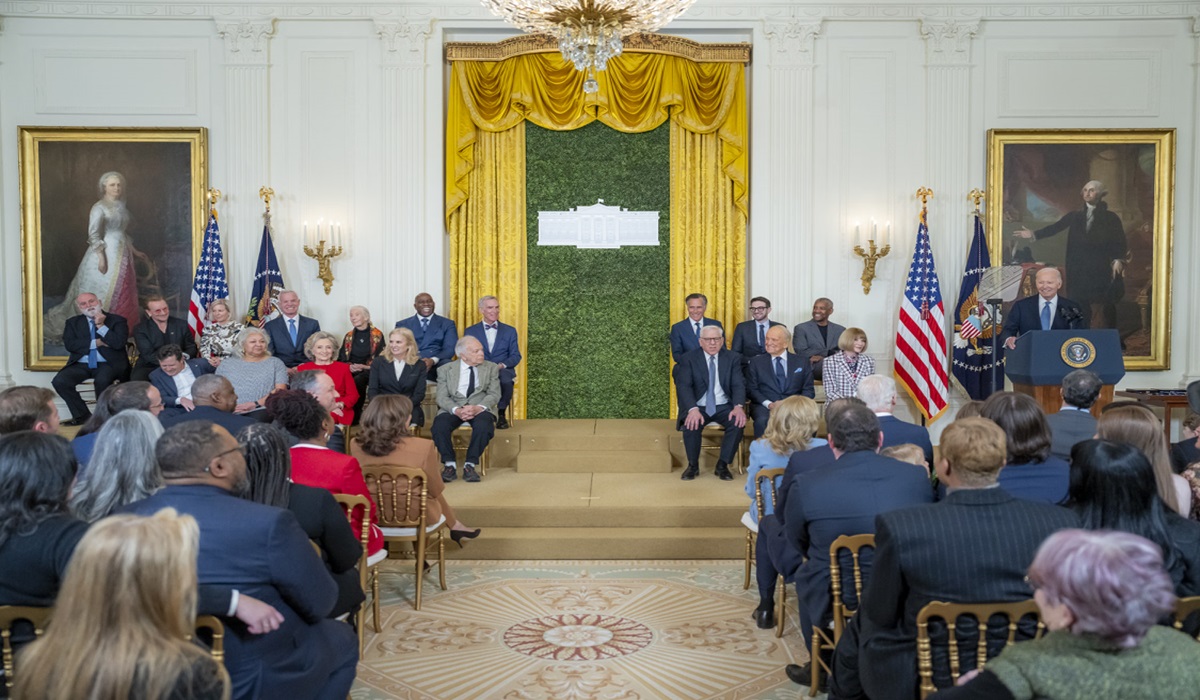Sanctioning the Sanctioned: The Illogic Behind Trump’s Economic Ultimatum
- TDS News
- U.S.A
- December 4, 2024

Image Credit, Kalhh
In a move emblematic of his trademark bluster, incoming U.S. President Donald Trump has threatened countries and the BRICS economic bloc + (Brazil, Russia, India, China, and South Africa) with 100% tariffs and sanctions should they abandon the U.S. dollar in their trade dealings. On its face, the threat is layered with a stunning irony: how does one sanction a country that has already been sanctioned, particularly when the very reason for their pivot away from the dollar stems from those sanctions?
The circular logic behind such a policy boggles the mind. The United States has long used its dollar-dominance as a cudgel, leveraging sanctions to exert control over global trade. Yet, it is precisely this overreach that has driven nations to seek alternatives. By restricting access to the dollar, Washington inadvertently forced many to innovate their way out of dependency, accelerating the rise of alternatives such as China’s yuan, Russia’s ruble, or even potential BRICS-backed digital currencies.
Now, in threatening further economic punishment, Trump is essentially demanding that nations willingly re-entangle themselves in the very system they’ve been ostracized from or have chosen to leave. This approach not only misunderstands global economic dynamics but also reeks of desperation to maintain hegemony in a world increasingly skeptical of U.S. unilateralism.
For example, countries like Russia and Iran have already been heavily sanctioned, effectively barring their use of the dollar for international transactions. In response, they’ve strengthened bilateral trade agreements, established barter systems, and expanded the use of loucal currencies. How then does the U.S. plan to coerce them further? Threatening tariffs on trade that is no longer conducted in dollars or with the U.S. would be an exercise in futility.
This policy also exposes the inherent weakness of the U.S. reliance on the dollar as the world’s reserve currency. While it remains dominant, the dollar’s grip is loosening as nations perceive the risks of being beholden to U.S. financial institutions. The BRICS bloc has been particularly vocal about establishing a more equitable international financial system, and their collective economic might makes this more than just an idle threat.
At its heart, this is a battle over hegemony. The U.S. dollar has long been the linchpin of American global influence, allowing Washington to dictate terms on trade, impose crippling sanctions, and maintain an outsized role in the global economy. However, this dominance has bred resentment and, increasingly, resistance. The more aggressively the U.S. weaponizes its financial system, the more it pushes nations to seek alternatives.
Trump’s threats, while characteristic of his bombastic style, may inadvertently accelerate the trend he seeks to reverse. By alienating countries further, he risks isolating the U.S. economically and undermining its strategic interests. In a multipolar world where economic power is shifting, clinging to outdated paradigms of dominance is not just ineffective—it’s counterproductive.
In the end, the absurdity lies in the notion that countries already punished for avoiding the dollar would voluntarily return to its fold under duress. The U.S. may still possess significant economic leverage, but its increasingly reckless application of that power risks eroding the very foundation of its influence. This isn’t strength; it’s a glaring display of insecurity, one that may leave the U.S. chasing shadows as the world moves on.








